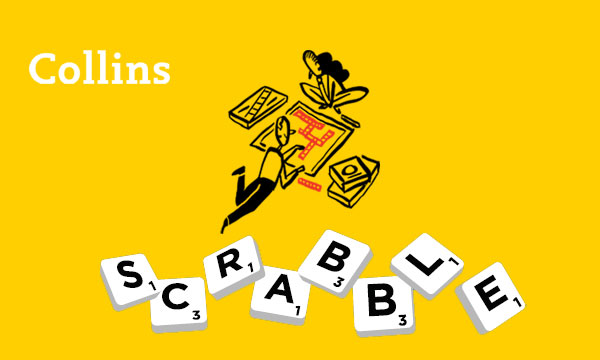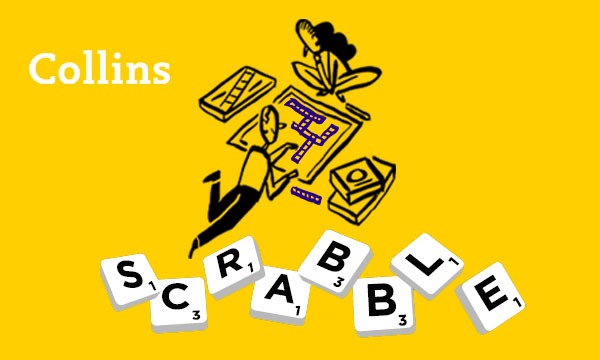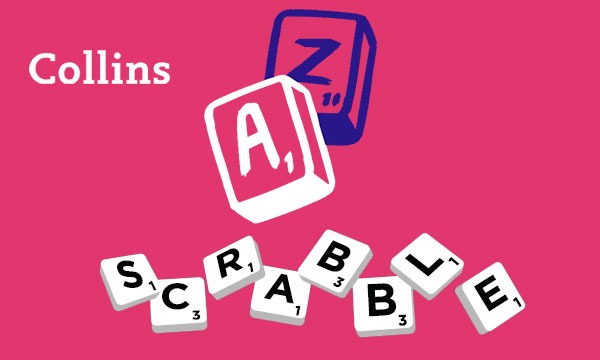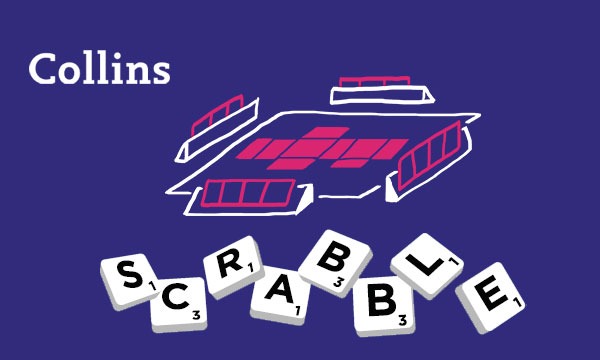In the same way that you can hang your coat on a hook, you can also use hooks to “hang” your words on to in Scrabble.
When a word is played, have a quick think as to whether a single letter can be placed before or after it to form a new word. You can then use that letter, if you have it, to play the new word at right angles to the old one and get a score for both.
An S after a word is the commonest and most obvious hook. But there are lots of good ones you can use to floor your opponent:
ZO can make DZO (still a yak-cow cross – different spelling)
ZO can also make AZO, a term used in chemistry
ROT can make ROTL, a unit of weight
A HOST can become a GHOST. (Incidentally, the word HOST in Czech means ‘guest’, and ‘host’ and ‘guest’ come from the same ancient root word which just happens to be ‘ghos-ti’. Nothing to do with Scrabble, but interesting.)
Or for really spectacular hooking, turn STAMPED into STAMPEDE, or turn FLAMING into FLAMINGO. These word-pairs are both etymologically connected – the cattle stamp the ground down in a stampede, and a flamingo is a flaming pink colour.
By Barry Grossman
Barry is a leading UK Scrabble player and winner of several tournaments. He is the author of Scrabble for Beginners (Chambers), Need to Know Scrabble, Scrabble – Play to Win and The Little Book of Scrabble Trickster. He has also contributed to numerous other books on the subject of words and word-games, has been a series champion of Channel 4’s Countdown, and has written four comedy series for BBC Radio 4. He lives in Hertford.
All opinions expressed on this blog are those of the individual writers, and do not necessarily reflect the opinions or policies of Collins, or its parent company, HarperCollins.



